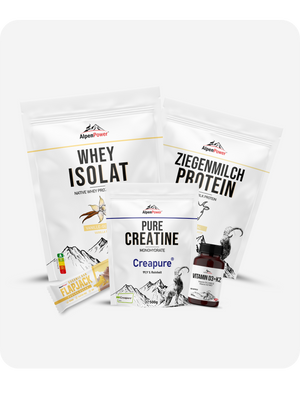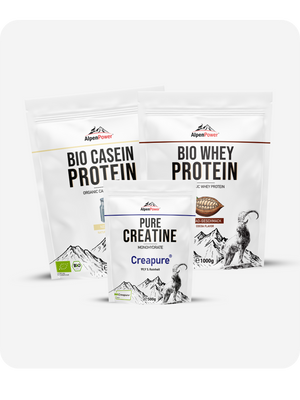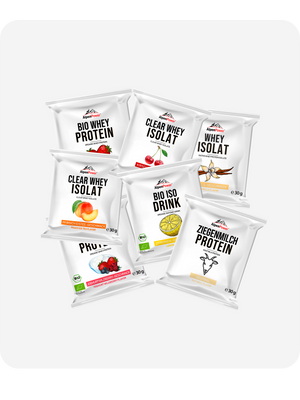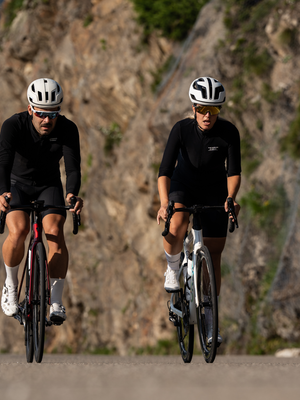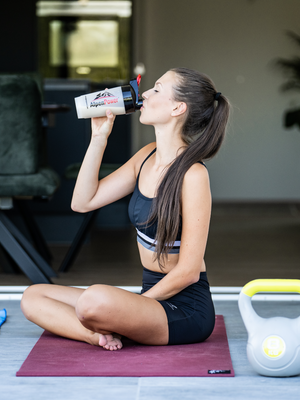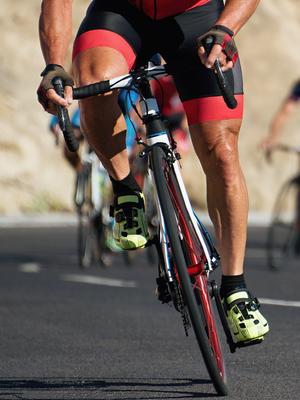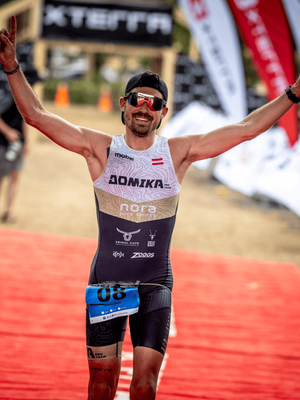Physiological stress in the alpine environment
Sporting activity in the mountains, be it mountaineering, trail running or mountain biking, represents a high metabolic and immunological stress. The combination of intensive training, increased oxidative stress due to hypoxia and the changing climatic conditions requires an optimized nutrient supply. Micronutrients - Vitamins, minerals and trace elements - play a decisive role here.
Metabolic support for regeneration and performance
An adequate supply of micronutrients is essential for muscular regeneration and the maintenance of performance:
- Magnesium: As an essential cofactor in over 300 enzymatic reactions, magnesium is crucial for ATP synthesis and the muscular contraction and relaxation. A deficiency can lead to muscle cramps and impaired neuromuscular neuromuscular function lead.
- Zinc: This trace element is fundamental for protein synthesis and cell repair processes. It not only supports the rebuilding of muscle tissue after training, but is also an important factor in endocrine functionespecially for testosterone production.
- Iron: As a central component of hemoglobin iron is essential for the oxygen transport. An iron deficiency (anemia) impairs the oxygen supply to the tissue and leads to premature fatigue. Athletes who increase their training intensity have an increased iron requirement due to increased erythropoiesis.

Immunological defense: antioxidant and immunomodulatory effects
Intensive physical exertion can lead to immunosuppression the so-called open window phenomenonwhich makes athletes more susceptible to infections.
- Vitamin C: This water-soluble vitamin is a potent antioxidantthat neutralizes free radicals which are increasingly formed during intensive aerobic metabolism. It protects the cells from oxidative damage and supports the function of immunological leukocytes.
- Vitamin D: As a secondary steroid hormone, vitamin D plays a key role in immune regulation. Adequate vitamin D levels can reduce susceptibility to upper respiratory tract infections.
- Antioxidants: A variety of secondary plant substances (e.g. flavonoids, carotenoids) as well as vitamin E act synergistically to protect the cell membranes from the damaging effects of reactive oxygen species (ROS) from the damaging effects of reactive oxygen species (ROS).
Targeted micronutrient supplementation and a balanced, nutrient-dense diet are therefore not only important for performance enhancement performance, but also to maintain physiological homeostasis and prevent infections. prevention of infections.

Micronutrients in the transitional period: a protective shield in the fall
With the arrival of autumn, not only do the demands on the immune system increase due to cooler temperatures, damp weather and shorter days, but also the likelihood of developing colds and flu-like infections. Micronutrients such as vitamin C, vitamin D and zinc can act as an additional protective barrier, especially after intensive alpine activities where the immune system is already under strain. Secondary plant substances from berries, grapes or pumpkin also develop their immunomodulating and antioxidant effects at this time of year. A conscious diet, combined with targeted supplementation, can therefore help to make you more resistant to the "cold season".

Holistic benefits of a high micronutrient intake: In addition to the direct effect on performance, regeneration and immune defense, a high micronutrient intake unfolds further benefits that are often underestimated. For example, certain vitamins and minerals help to stabilize mood and reduce fatigue - a crucial aspect in preventing autumn fatigue and seasonal mood swings. B vitamins, magnesium and omega-3 fatty acids also support cognitive performance and promote stress resilience, which is important not only in sport but also in everyday life. In this way, micronutrients have a holistic effect: they not only strengthen the body, but also the mind.

Author: Laura Bahmann
Sources:
- Peeling, P., et al. (2018). Iron and the Alpine Athlete. European Journal of Sport Science, 18(3), 395-403.
- Nieman, D. C., et al. (2018). Immune function in athletes: The "open-window" theory revisited. Sports Medicine, 48(Suppl 1), 1-13.
- Maughan, R. J. (1999). Nutritional aspects of altitude training. International Journal of Sport Nutrition, 9(2), 231-248.
- Lukaski, H. C. (2004). Magnesium, zinc, and chromium status and sport performance. Journal of Applied Physiology, 96(5), 1876-1882.
